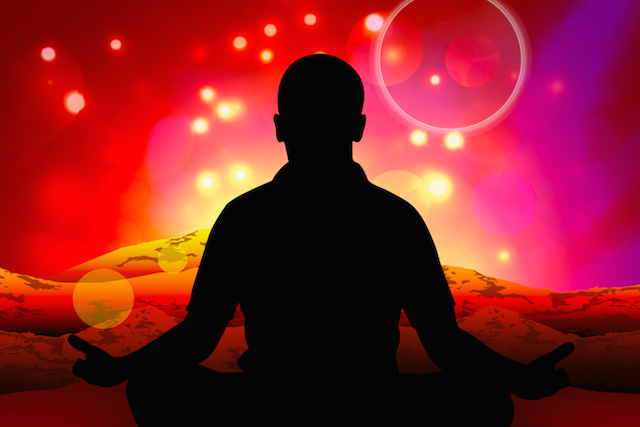In response to my request for guest writers for my blogs, Fellow THD Resident and Bridge Buddy Dr. Phil Paris, M.D, send me the following article. He wrote this article for his Saturday Meditation Group here at THD. Thanks a million Phil for this article. I am sure a lot of my readers will find this relevant and useful in their daily lives. I will appreciate your comments if you find this article useful.💘
Breath meditation
One of the easiest ways to reduce stress is to focus your attention on your breath. It's a form of meditation that anyone can do. Only two things are required to make breath meditation work: 1) a continued focus for your mind. 2) Allow everyday thoughts to come and go as you focus on the breath.
The mind can be a noisy, busy place. As you focus your attention, thoughts will often arise. Acknowledge the thoughts and let your attention slip from them. It is sometimes helpful to start meditating by silently counting your inhalations and exhalations: In (one), out (two), in (three), and so on. This gives you something to focus on besides those intruding thoughts.
Meditation History
Some archaeologists date meditation back to 5,000 BCE. But it wasn’t until the 20th century that it began to move beyond the realm of religion. Meditation began to be seriously studied for its medical benefits in the 1960s. Harvard Medical School professor Dr. Herbert Benson found that people meditating used less oxygen, lowered heart rates and produced brain waves that help with sleep. Benson went on to publish his findings in a book,The Relaxation Response.
Meditation myths
Myth #1: You have to practice at least 20 minutes every day. Do you have a minute? Great! Then you have time to meditate. Breathe in for five seconds, then breathe out for five seconds. That’s your warm-up. Then repeat for just one minute. It’s that simple.
Myth #2: You need to clear your mind. The goal of meditation is not to clear your mind of all thought. The goal is to return to the breath. Each time you discover your mind has wandered, return to your breath.
Myth #3: It doesn’t do anything. Actually meditation does a whole lot. Research shows that meditation reduces the level of stress and inflammation in the body. Increased blood circulation gets more oxygen and nutrients to important organs in your body. Blood circulation increases in the brain during meditation with long-term benefits for the brain. Meditation has also been shown to reduce anxiety and depression.
Conclusion: Breath awareness is a type of mindful meditation that encourages mindful breathing.
Practitioners breathe slowly and deeply, counting their breaths or otherwise focusing on their breaths. The goal is to focus only on breathing and to ignore other thoughts that enter the mind.
There are 2 other types of Meditation besides Breath:
1. Loving-kindness meditation

Loving-kindness meditation is all about cultivating an attitude of love and kindness toward everything, even enemies and sources of stress.
2. Mindfulness meditation

Mindful meditation wants you to be fully aware of the moment you are living.


No comments:
Post a Comment